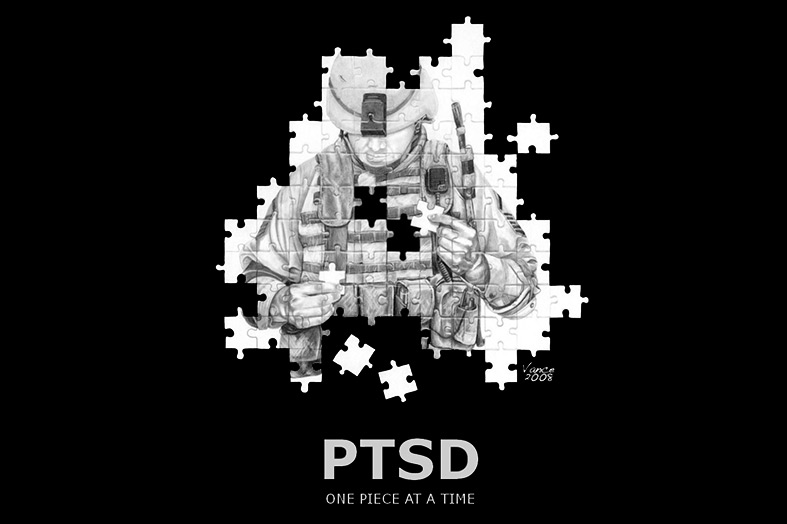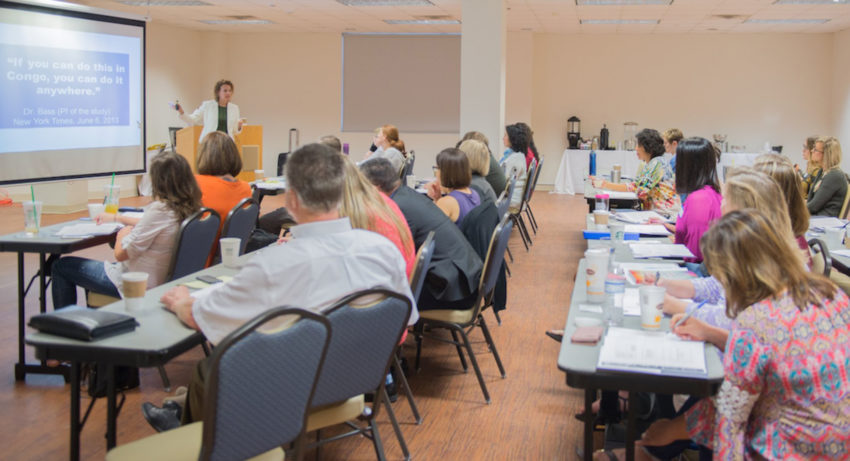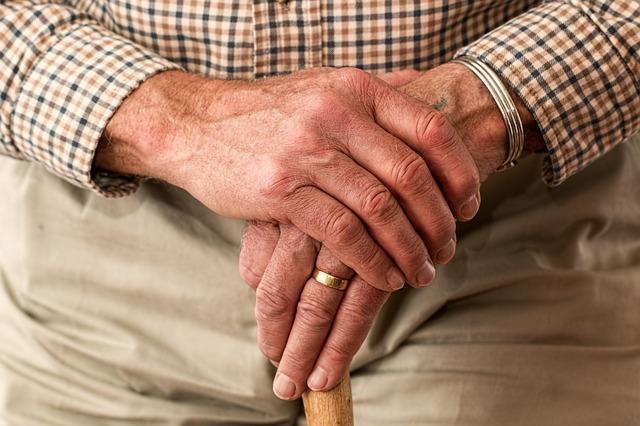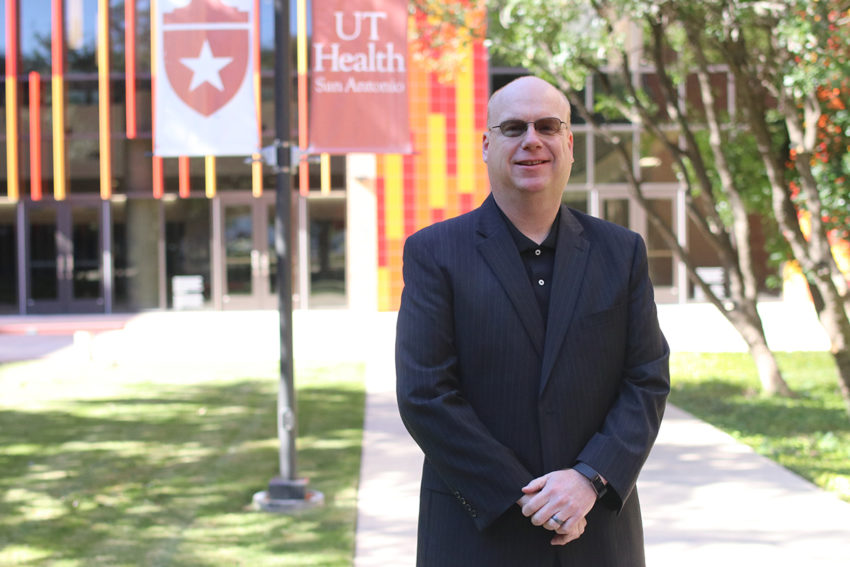CONTACT: Rosanne Fohn, fohn@uthscsa.edu, (210) 567-3026
SAN ANTONIO (Nov. 18, 2019) – Training is now available for community mental health providers in the Texas Gulf Coast region who serve military veterans affected by Hurricane Harvey. The program provides training in evidence-based treatments for post-traumatic stress disorder (PTSD). This new opportunity is made possible through a grant from the Bob Woodruff Foundation in partnership with the Qatar Harvey Fund.
The grant supports the STRONG STAR Training Initiative at UT Health San Antonio, which strives to improve combat veterans’ access to high-quality care for PTSD by training community mental health providers. Although hundreds of thousands of military service members and veterans nationwide suffer from post-traumatic stress, many do not have providers in their local communities who are trained in the leading therapies or in how best to deliver them to combat veterans.
The need for such providers is increasing as many service members and veterans seek care outside the military and VA systems due to provider backlogs, lack of VA or military clinics in their communities or concerns about stigma. In the Texas Gulf Coast region, where there can be long drives between major metropolitan areas, the need may be even greater as veterans with combat-related stress may have problems compounded by the trauma of Hurricane Harvey and its aftermath.
“This generous grant from the Bob Woodruff Foundation and Qatar Harvey Fund will enable us to train 90 additional mental health providers serving the many veterans impacted by Hurricane Harvey,” said Katy Dondanville, Psy.D., associate professor of psychiatry and behavioral sciences at UT Health San Antonio and director of the STRONG STAR Training Initiative. “This training will increase access to the leading PTSD therapies for these veterans in the communities where they live and give them a greater opportunity for recovery.”
“The Qatar Harvey Fund is supporting long-term recovery in southeast Texas, not only replacing what was damaged, but rebuilding more resilient communities,” said His Excellency Sheikh Meshal bin Hamad Al-Thani, Ambassador of the State of Qatar to the U.S. “We are proud to partner with STRONG STAR, whose work truly is transforming the landscape of community-based mental health care available to veterans in the Texas Gulf Coast.”
With the funding provided to the STRONG STAR Training Initiative, community providers can enroll in “learning communities” that will offer training and consultation over the course of a year, beginning with workshops to be held in Houston in January, February and March of 2020. Providers will be able to choose from learning communities that offer training and support in delivering either Prolonged Exposure or Cognitive Processing Therapy, the two leading evidence-based PTSD treatments.
Clinicians who enroll in the program may be eligible for a stipend through the Bob Woodruff Foundation. These clinical stipends provide funding to defray costs associated with participating in the learning communities. This includes funds to support clinicians attending the two-day training workshop and subsequently providing PTSD treatment for three post-9/11 veterans or family members affected by Hurricane Harvey. Providers who complete the learning community will be recognized as STRONG STAR Training Initiative Rostered Providers and will be eligible for an additional stipend allowing them to attend the 2020 San Antonio Combat PTSD Conference.
The Bob Woodruff Foundation has provided funding for the STRONG STAR Training Initiative since it began in 2017. Through this initiative, UT Health San Antonio faculty share their unparalleled expertise in delivering PTSD treatment to hundreds of active military personnel and veterans through clinical trials affiliated with the STRONG STAR Consortium. Besides training in the top research-supported PTSD therapies, the program includes education on how to deliver those therapies in culturally appropriate ways that enhance their appeal to and effectiveness with military service members and veterans. Providers who complete the learning community requirements are eligible for continuing education credits.
“Mental health providers who are trained in culturally competent, evidence-based treatments are better equipped to help our veterans and their families. That’s why we’ve invested in the STRONG STAR Training Initiative, which is addressing this critical need,” said Anne Marie Dougherty, CEO of the Bob Woodruff Foundation. “We are proud to continue our support of the Training Initiative through this Bob Woodruff Foundation-Qatar Harvey Fund grant to train mental health providers in the Texas Gulf Coast region, and to provide organizational consultation to ensure long-term sustainability of programs providing evidence-based treatments for PTSD in the region.”
For more information or to inquire about enrollment, please contact the STRONG STAR Training Initiative at training@strongstar.org or visit www.strongstartraining.org
# # #
For current news from the UT Health Science Center San Antonio, now called UT Health San Antonio™, please visit our online newsroom, like us on Facebook or follow us on Twitter.
# # #
The University of Texas Health Science Center at San Antonio, now called UT Health San Antonio®, is one of the country’s leading health sciences universities. With missions of teaching, research, healing and community engagement, its schools of medicine, nursing, dentistry, health professions and graduate biomedical sciences have produced 36,500 alumni who are leading change, advancing their fields and renewing hope for patients and their families throughout South Texas and the world. To learn about the many ways “We make lives better®,” visit www.uthscsa.edu.





